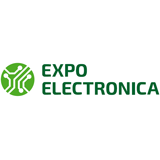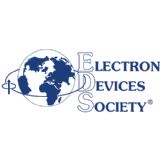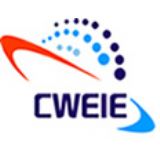|
MIT researchers grow nanomaterials using liquid process
7/20/2011 |
|
|
MIT researchers have grown submicroscopic wires in water opening possibilities for entire electronic devices to be grown through a liquid-based process.
The hydrothermal synthesis technique essentially uses a syringe to push a solution through a capillary tube one-tenth of a millimeter wide, without reverting to expensive semiconductor manufacturing processes and facilities.
The research team produced a light-emitting diode array made of zinc oxide nanowires in a microfluidic channel. The system can precisely control the aspect ratio of the nanowires to produce anything from flat plates to long, thin wires.
Brian Chow, co-author of a paper describing the results in the July 10 issue of journal Nature Materials, said: "People have demonstrated good control over the morphology of wires by other means, particularly at much higher temperatures or in organic solvents. But to be able to do this in water under these low-temperature conditions is attractive."
It may make it easier to manufacture such devices on flexible polymers and plastics.
The team also hopes to be able to use the method to make tiny devices that could be implanted in the brain to provide high-resolution, long-term sensing and stimulation.
The interdisciplinary project among applied physics, nanomaterials and applied chemistry was the result of three close friends in graduate school discussing better ways to manufacture electronic circuits.
They talked about the inefficiency of present methods, where electronic circuits are first built, then packaged, and finally tested. The trio realized that the microfluidic device used for processing became the final packaging of the device, and testing was carried out continuously through the manufacturing process.
Besides Chow, the other two collaborators are Manu Prakash and the lead author of the paper Jaebum Joo, now a senior research scientist at Dow Chemical Co.
The research was funded by the MIT Center for Bits and Atoms, the MIT Media Lab, the Korea Foundation for Advanced Studies, Samsung Electronics, the Harvard Society of Fellows, the Wallace H. Coulter Early Career Award, the NARSAD Young Investigator Award, the National Science Foundation and the NIH Director's New Innovator Award.
Nicolas Mokhoff
|
|
|
|
|
|





